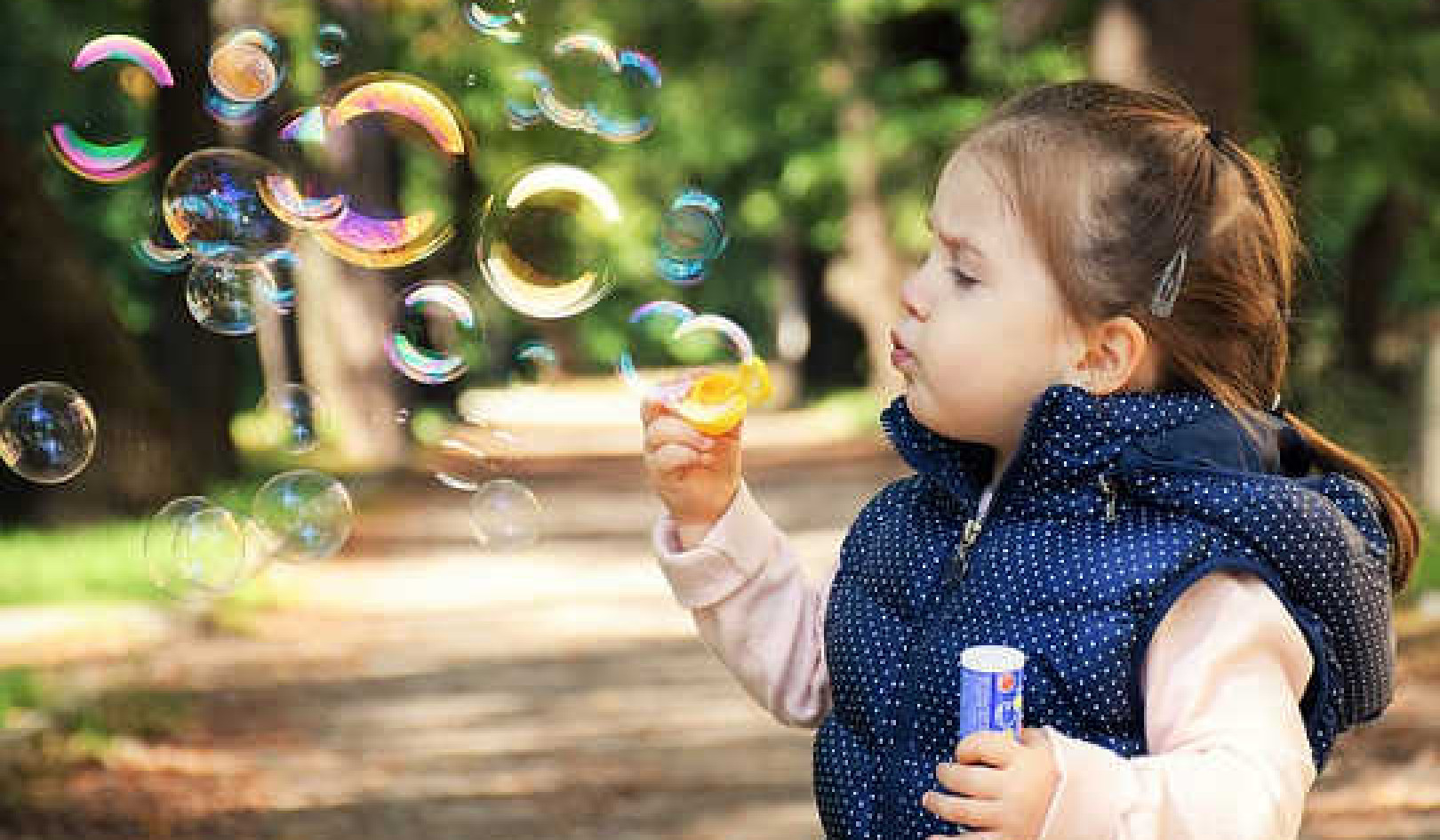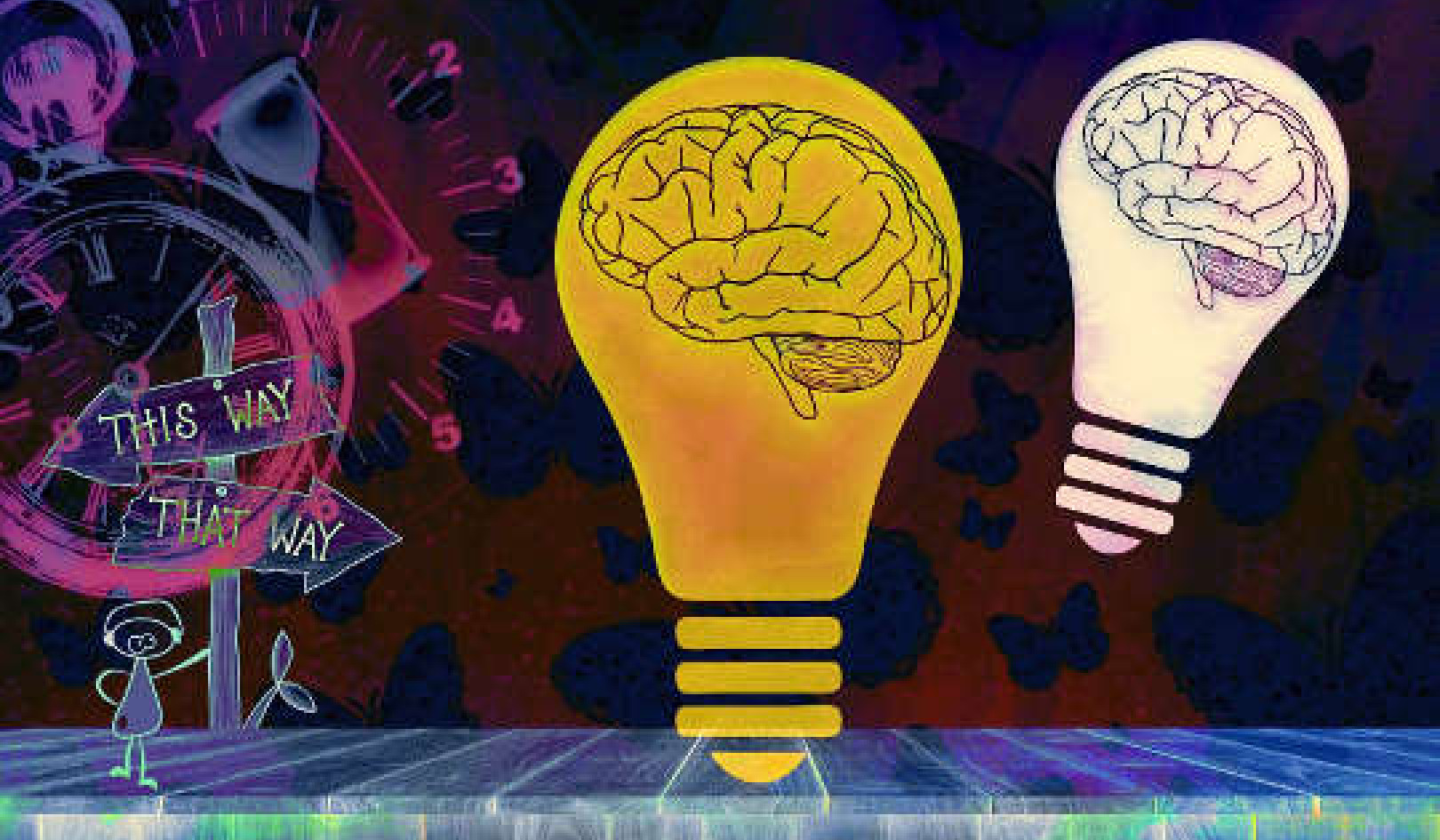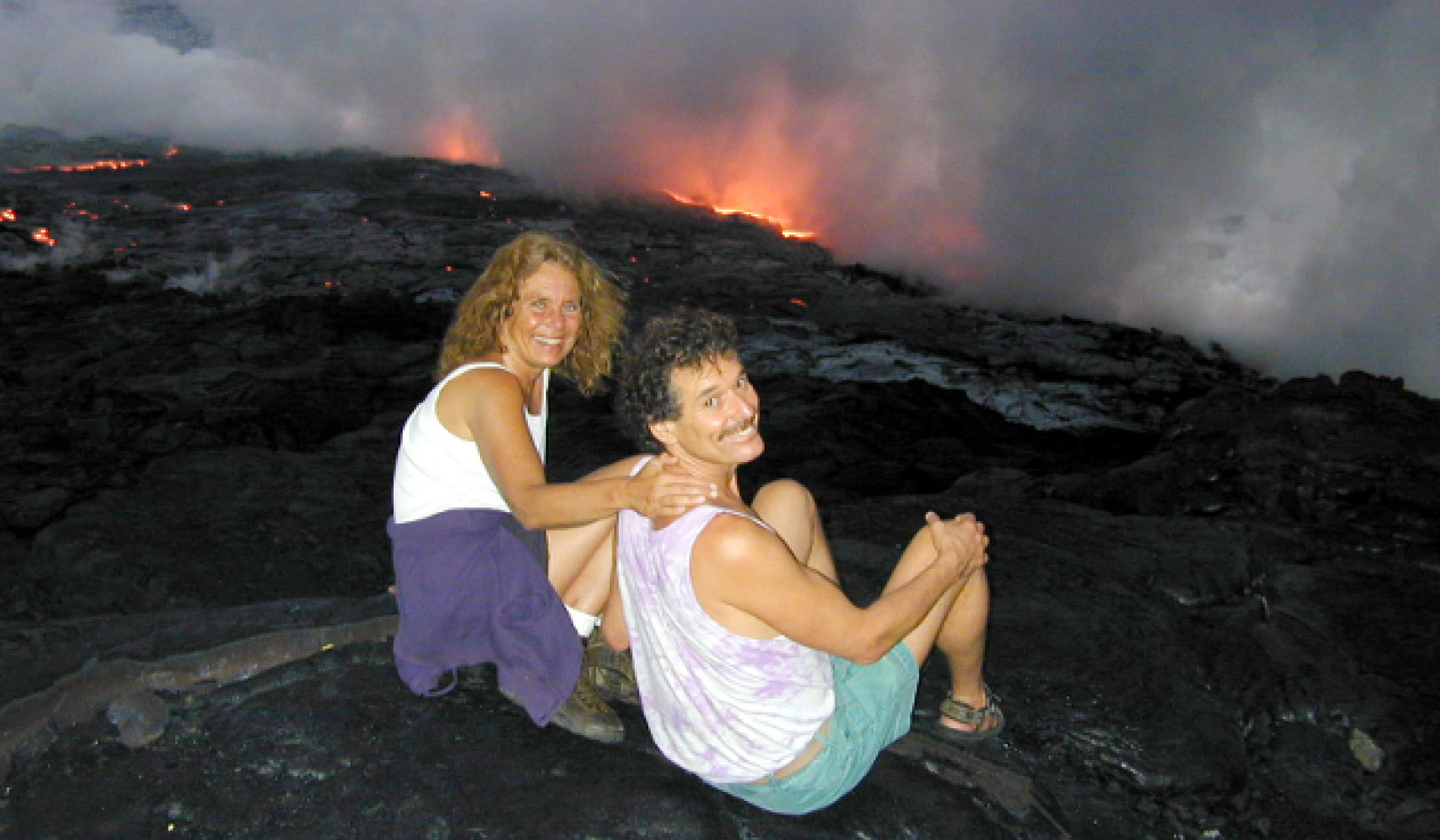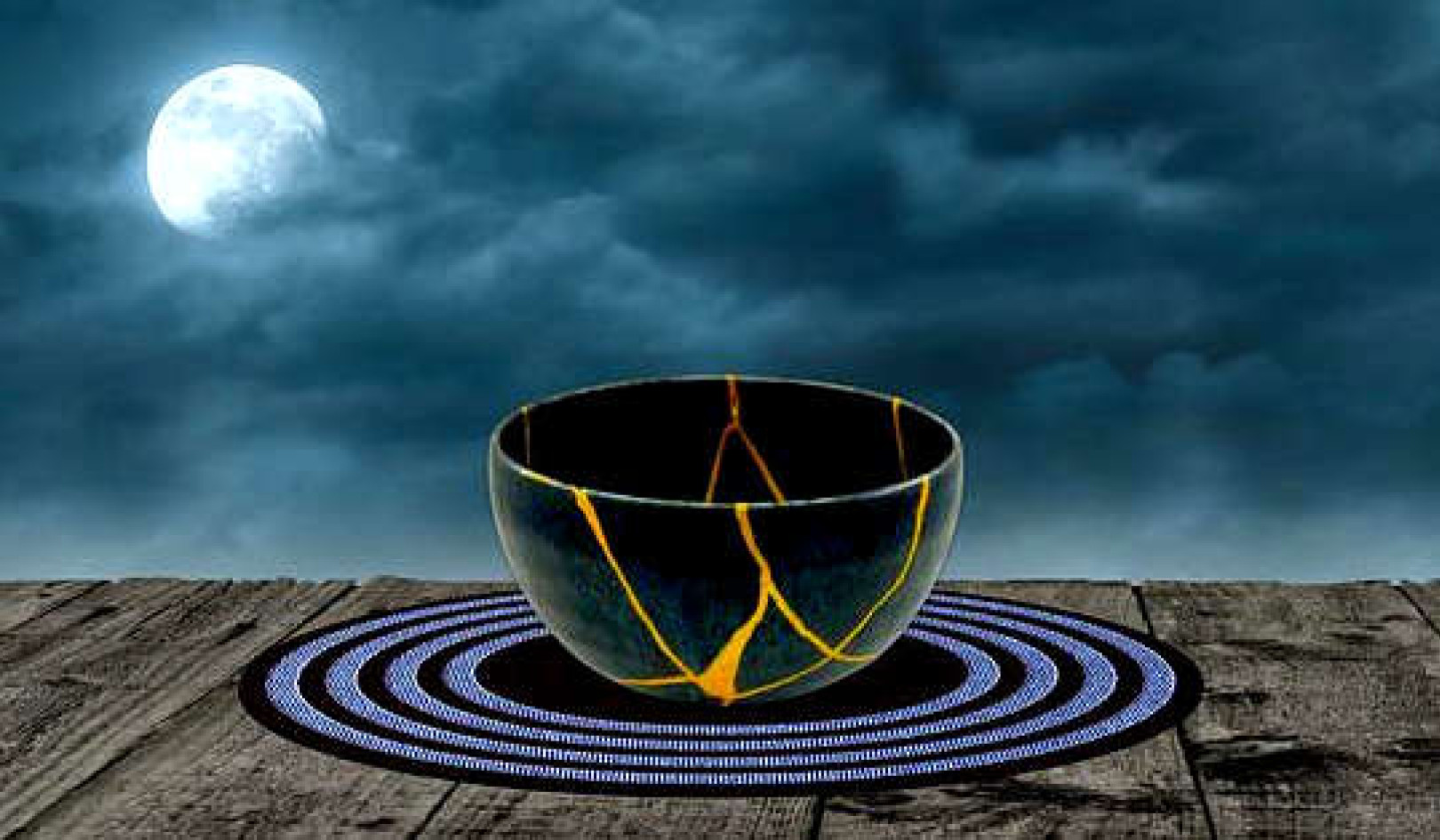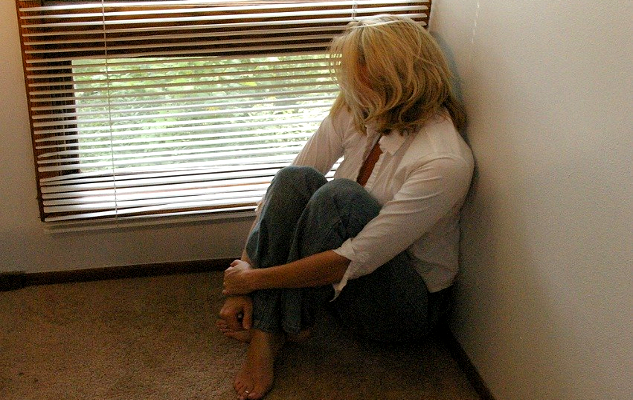
Image by Redleaf_Lodi
Life brings us a lot of pointers that are intended to help awaken us to greater realities and perspectives beyond the limited ways in which we see ourselves and the world. Understanding our fears is at the top of the list.
We each have many individual fears—not having enough money, losing our job, not living up to our own or other’s expectations, not being a success, not finding a partner, or getting sick in a pandemic, to name a few. Our fears are multilayered, and we need to keep peeling back the onion.
Many fears we are aware of, but many we are not. For instance, our fear that we may not find a partner could be a larger fear that we are not lovable. Even anger is usually not what it seems; fear is often behind it.
Blaming Others and Projection
Carl Jung, the father of analytical psychology, taught us that projection is a very common phenomenon. Our blaming of others is often our own fear or guilt being projected out. Similarly, our judgment of others is self-judgment being projected out; we judge others because they have qualities that we don’t like in ourselves and because they have qualities we wish we had in ourselves.
Psychology is a complicated arena in which we’re operating in literally every moment of our existence, especially since it relates to our own thoughts. Our thoughts come from our beliefs, and our beliefs are formed by the conditioning and traumas—however severe or implicit—we’ve been subjected to from our childhoods, from our adult relationships, from society, and from other sources like intergenerational trauma in our DNA.
Cancer and Psychology
Why is psychology important when dealing with cancer? Because, cancer is not random, and our emotions and beliefs have played some part in our getting cancer as well as in our ability to heal from it. And for those of us who receive a cancer diagnosis, and to a certain extent for those who love us, we are traumatized by the diagnosis, especially by the fear that arises and that we need to process for many reasons.
Fear of death is the foundational pillar of all other fears. Everything relates back to that central fear and to the corollary fear about what will actually happen when we die, which becomes much greater as we advance into our later years. If we are in some way faith-based, then this fear may already be alleviated to a large extent.
The PTSD of Cancer and Radiation Treatment
After I finished radiation, I realized that I had suffered PTSD and had disassociated to some extent. Disassociation is a normal reaction to any traumatic situation. It is a built-in mechanism that arises for our survival so that we can endure experiences of trauma. We can see this play out in wars and in other similar situations like severely abusive relationships, especially ones that go on for long periods of time.
While a cancer diagnosis cannot be compared to war or severely abusive relationships, the effects and implications of a cancer diagnosis usually unfold over many months and into years, and this is highly traumatic in its own way. From the time I was diagnosed and had surgery to the time I finished treatment, more than four months passed, and I wasn’t even really at the end of my journey, since I wasn’t getting a follow-up scan for another three months to know the status of the cancer. So, in the back of my mind, I was wondering about the effectiveness of the treatment, not allowing me to fully begin healing emotionally.
My treatment took place every weekday for almost a month. By the end I could tell that even in this short period, something in me had begun to shift that was telling me this might be my routine forever. This thinking was of course not logical, but this is what long-term trauma does to us, and I could see how many who were liberated from the concentration camps were unable to believe that their situation had actually changed, much in the way a bird doesn’t leave the cage even when the door is opened.
The length of my treatment was relatively on the short end, and if you are having to deal with cancer for years, my heart opens in great empathy and compassion for you. This extended treatment and uncertainty takes a huge toll and is likely to create a severe case of ongoing PTSD, which must and can be continually addressed with the right means.
Cancer: A Way to Face Our Fears
If we haven’t worked on ourselves and our emotional patterns and beliefs to a great extent before we get a cancer diagnosis, it will initially be more difficult to process. But it’s critical that we recognize our diagnosis as a vehicle, something the universe is using to make us face our fears.
How can we recognize our fears before adverse events happen in our life so that we’re at a better starting point to deal with them when they happen? By witnessing our emotions and reactions.
If we understand that our anger, blame, and self-judgment are usually a projection and we’re willing to look at what’s creating these reactions, we can ask the universe, or God, or whatever source comforts us, “What is the belief that I have that is creating this reaction in me?”
Examining Our Emotions and Reactions to a Cancer Diagnosis
We will start to see patterns and the conditioning that created these beliefs, and when we shine the light of awareness on what we have tried to keep hidden, it will eventually dissolve—because the false cannot be sustained.
It is very important that we examine all the emotions and reactions we have regarding our cancer diagnosis and treatment. This introspection starts and ends with our fear of death. If we’re willing to dive into this fear, we can then clear so many other fears we have and really transform our lives in the most wondrous way.
False Belief: It Is Weak to be Afraid
As the title of this section states, it is false to believe that it is weak to be afraid. Everyone who has a major health issue will feel some degree of fear, likely to a large extent. Almost everyone who is aging will have some degree of fear, even if minor, about what exactly happens at death. Because of the pandemic and other factors happening in a chaotic world, a large majority of people, even young people, are in fear.
It’s not weak to be afraid, nor is it random that having to process fear is happening to you and to a large percentage of the population. It’s also not a punishment or a mistake. How can we view anything as a mistake when it’s something that can become manna and a gift for us?
But what will we do with this understanding of psychology and fear? Most people will either run from the fear, suppress it, deny it in some way, or stifle it with medicators like drugs and alcohol, workaholism, technology, or many other creative ways that man has devised to avoid being still and addressing what is staring him or her in the face.
Your Cancer Is Not Just About You
Can we face the fear, be present with it—not be afraid of it—know that adversity builds strength, and work with the fear to heal ourselves? And in the process, can we heal the world? There exists only one unified field of energy and what one does affects the rest of the whole—the idea that a butterfly flapping its wings in Indonesia has an impact on everything else. This is truly how the universe works.
Your cancer diagnosis is not just about you and is truly part of a greater whole. If somehow, we can carry that understanding, it will help us to deal with everything that comes with the cancer journey.
Copyright 2023. All Rights Reserved.
Publisher : One-Hearted Publishing.
Article Source: Healing Cancer
Healing Cancer: The Complete Way
by Lawrence Doochin
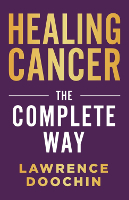 Having undergone a cancer journey himself, Lawrence Doochin understands the severe fear and trauma that those who have cancer, and their loved ones, experience. His heart opens to each of you with the greatest compassion and empathy, and this book was written to be of service.
Having undergone a cancer journey himself, Lawrence Doochin understands the severe fear and trauma that those who have cancer, and their loved ones, experience. His heart opens to each of you with the greatest compassion and empathy, and this book was written to be of service.
Healing Cancer will take you from despair to optimism, peace, and gratitude.
For more info and/or to order this book, click here. Also available as a Kindle edition.
More books by this Author.
About the Author
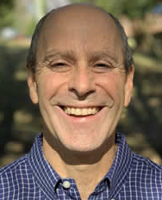 Lawrence Doochin is an author, entrepreneur, and devoted husband and father. A survivor of harrowing childhood sexual abuse, he traveled a long journey of emotional and spiritual healing and developed an in-depth understanding of how our beliefs create our reality. In the business world, he has worked for, or been associated with, enterprises from small startups to multinational corporations.
Lawrence Doochin is an author, entrepreneur, and devoted husband and father. A survivor of harrowing childhood sexual abuse, he traveled a long journey of emotional and spiritual healing and developed an in-depth understanding of how our beliefs create our reality. In the business world, he has worked for, or been associated with, enterprises from small startups to multinational corporations.
He is the cofounder of HUSO sound therapy, which delivers powerful healing benefits to individual and professionals worldwide. In everything Lawrence does, he strives to serve a higher good.
He is also the author of A Book on Fear: Feeling Safe in a Challenging World. Learn more at LawrenceDoochin.com.
























